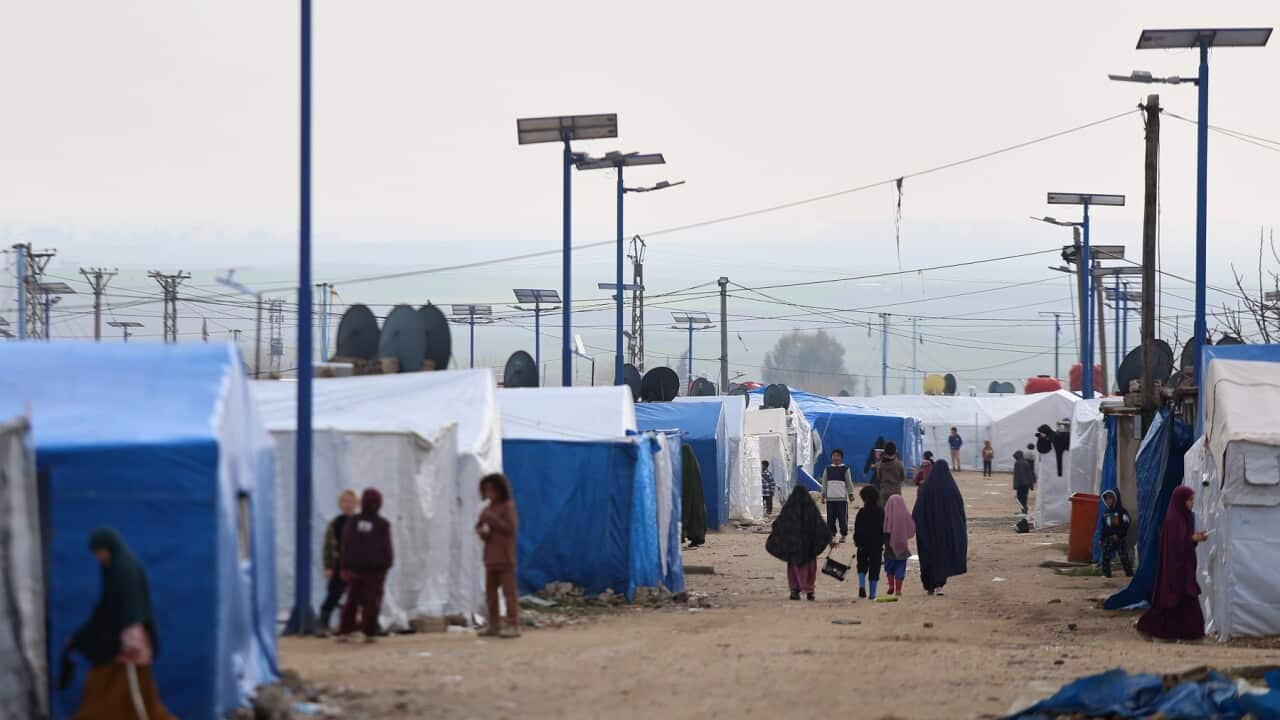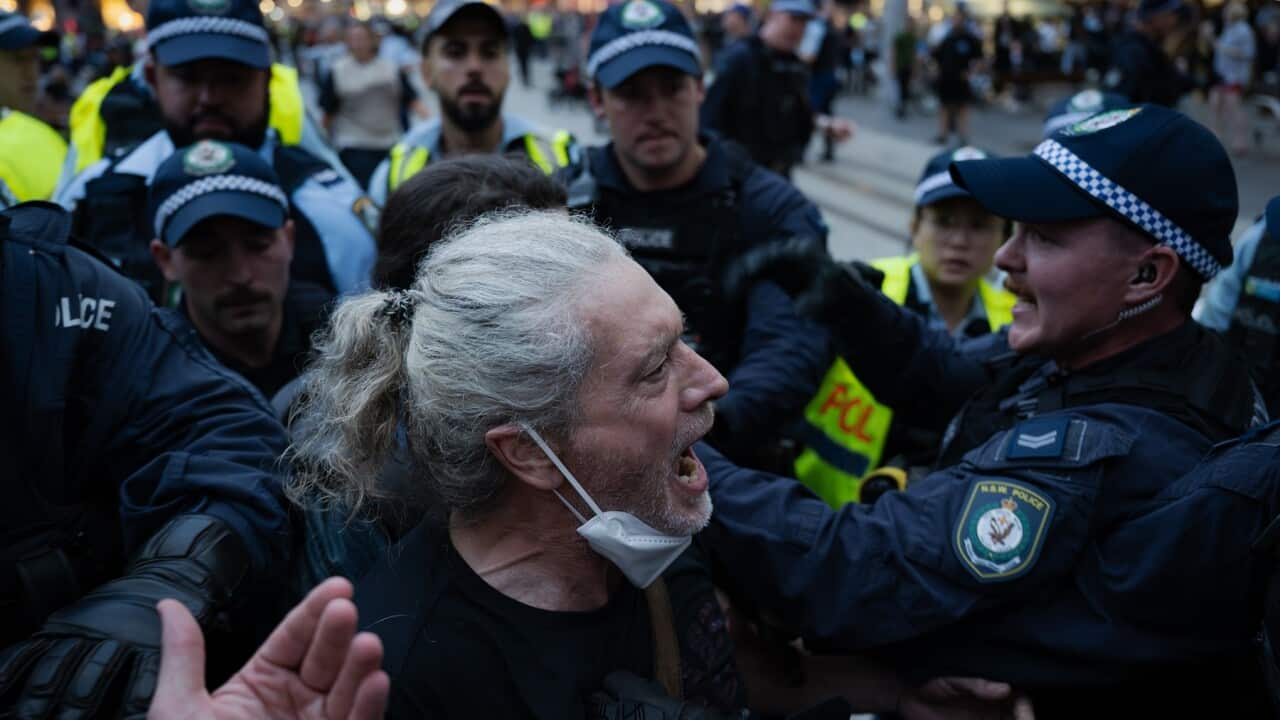As the Turkish military continues its offensive in northern Syria, predicting an end date to the fighting may be impossible due to the region's cultural complexities, Middle East politics and foreign policy analyst Dr William Gourlay believes.
Thousands of civilians have fled northern Syria as Turkish forces continued their offensive through airstrikes and heavy shelling on Thursday.
Turkish jets carried out fresh strikes as fighting broke out in several locations along the 120-kilometre wide front where operations are focused, according to the Syrian Observatory for Human Rights, who confirmed that Turkish forces and allied rebels captured 11 villages in the area.
The fighting is mostly centred around the Kurdish-controlled town of Tal Abyad, while clashes have also taken place around Ras al-Ain further west, the other main town in the zone that Turkish media reports say is the first goal of the offensive.
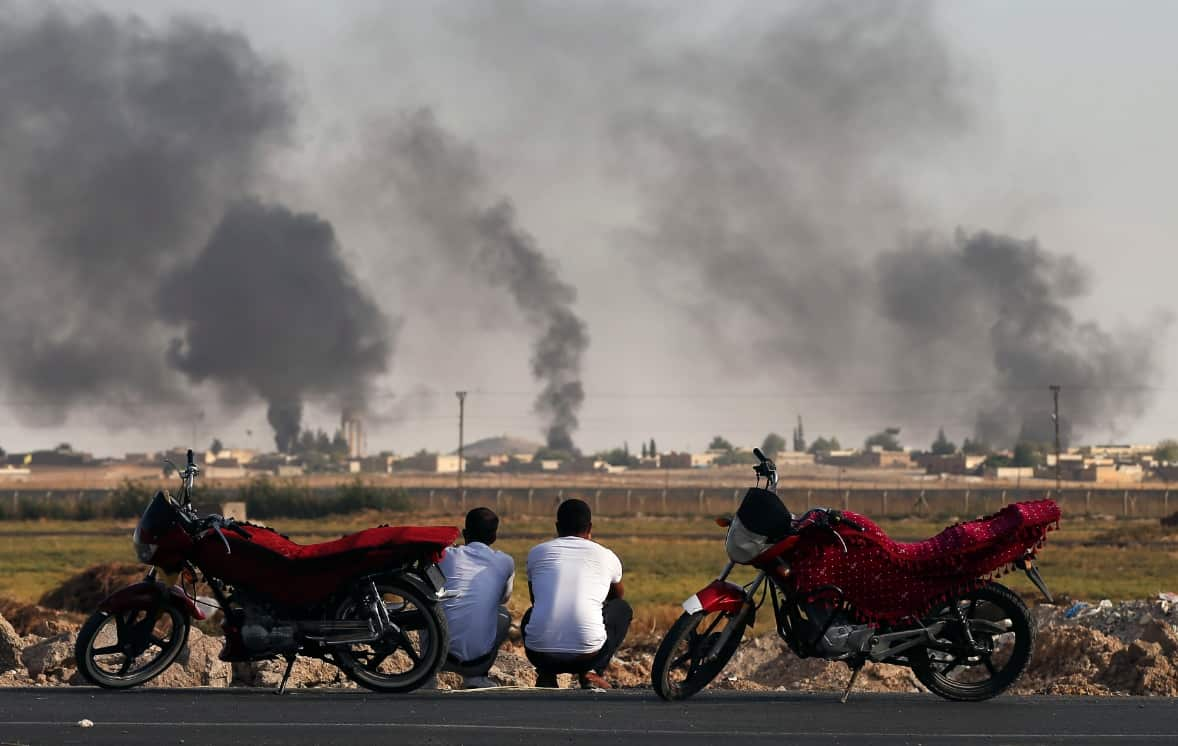
Turkey's 'safe zone' may not be safe
Turkey has stated it has two specific intentions in its invasion; removing what it saw as a terrorist threat along the Syrian border, and to create a 'safe zone' to resettle Syrian refugees who had fled to Turkey during the country's civil war.
Turkey has accused the Kurdish fighters in the Syrian civil conflict of being terrorists with close links to the Kurdistan Workers' Party (PKK), a guerrilla organisation that has fought a decades-long insurgency against the Turkish state.
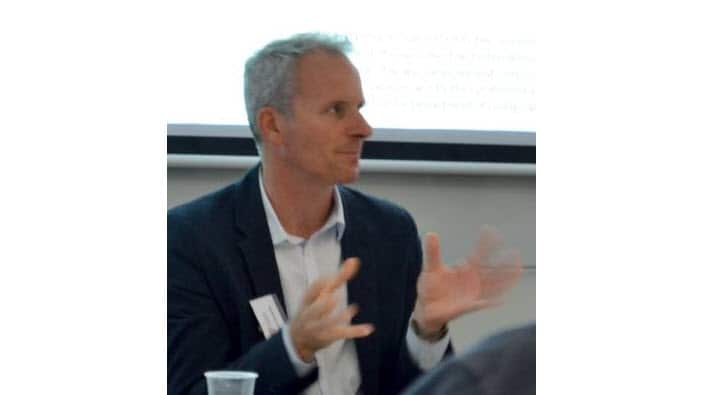
Dr Gourlay, from Monash University, said Ankara's goal to create a "safe zone" within Syria may, in fact, have the opposite effect.
"I think this idea is unsubstantiated because it’s hard to imagine that an area with the enormous movement of people and conflicting forces involved there will actually become safe," he said.
"Already it’s going to become less safe and whether any Syrian refugees currently in Turkey would want to go there is entirely a different question. I think it’s unlikely."
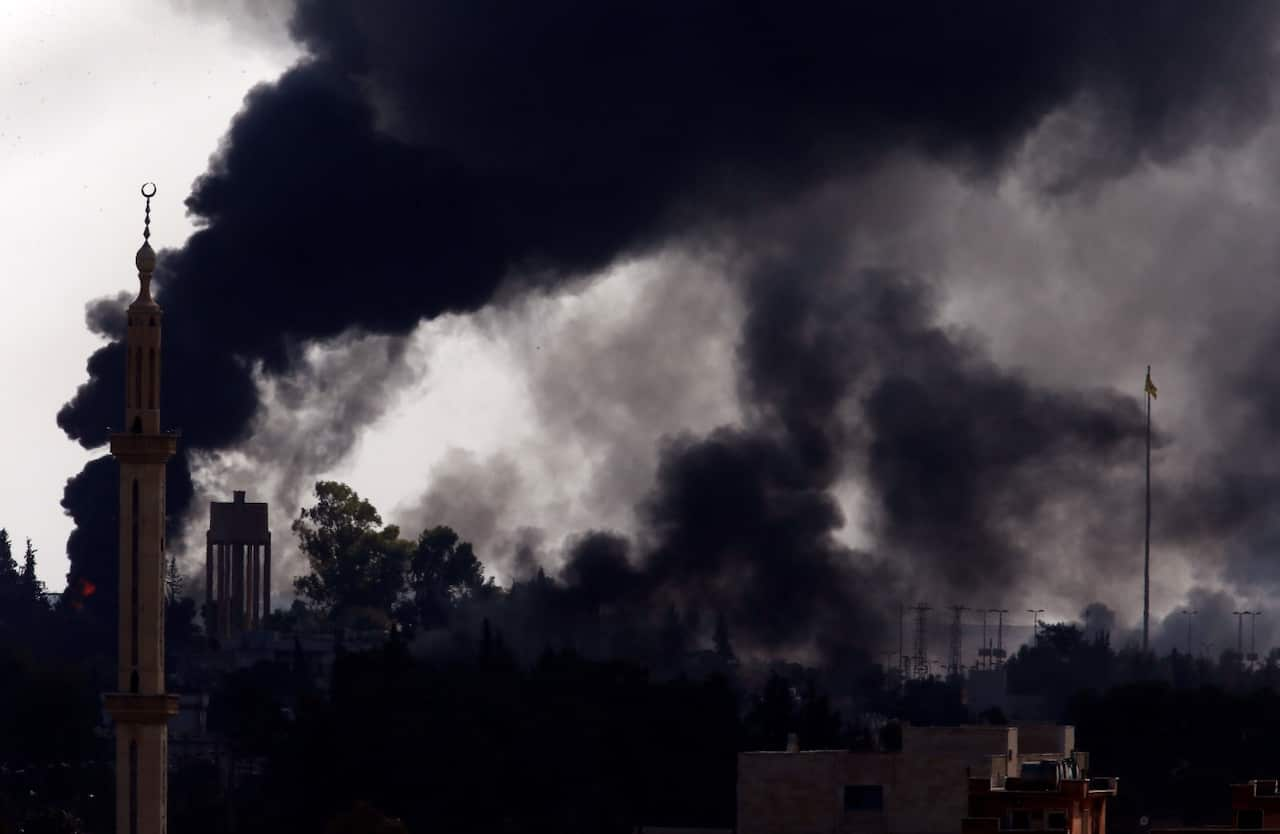
Kurds within Turkey's proposed 'safe zone'
Dr Gourlay warned that if Turkey followed through and moved Syrian refugees into the Kurdish regions bordering Turkey, it may result in the huge change in the area's demographics.
"It’s difficult to know the exact population figure within that area but to move two million Syrian Arabs, who are currently in Turkey, is a very complex issue," he said.
"Turkey opened its doors, perhaps it deserves some support in their efforts, but removing those or replacing those refugees into that [safe zone] will certainly dilute the current demographics.
"It’s not only Kurds in the northeast corner, but there’s also Syriac Christians, Yazidis and Arab tribes, it will completely change the demographic complexion of that area which is unlikely to be safe. Even if any of those refugees are willing to go into that so-called 'safe zone' it’s going to be a very complex, very tense political situation and it’s difficult to see it actually being safe."
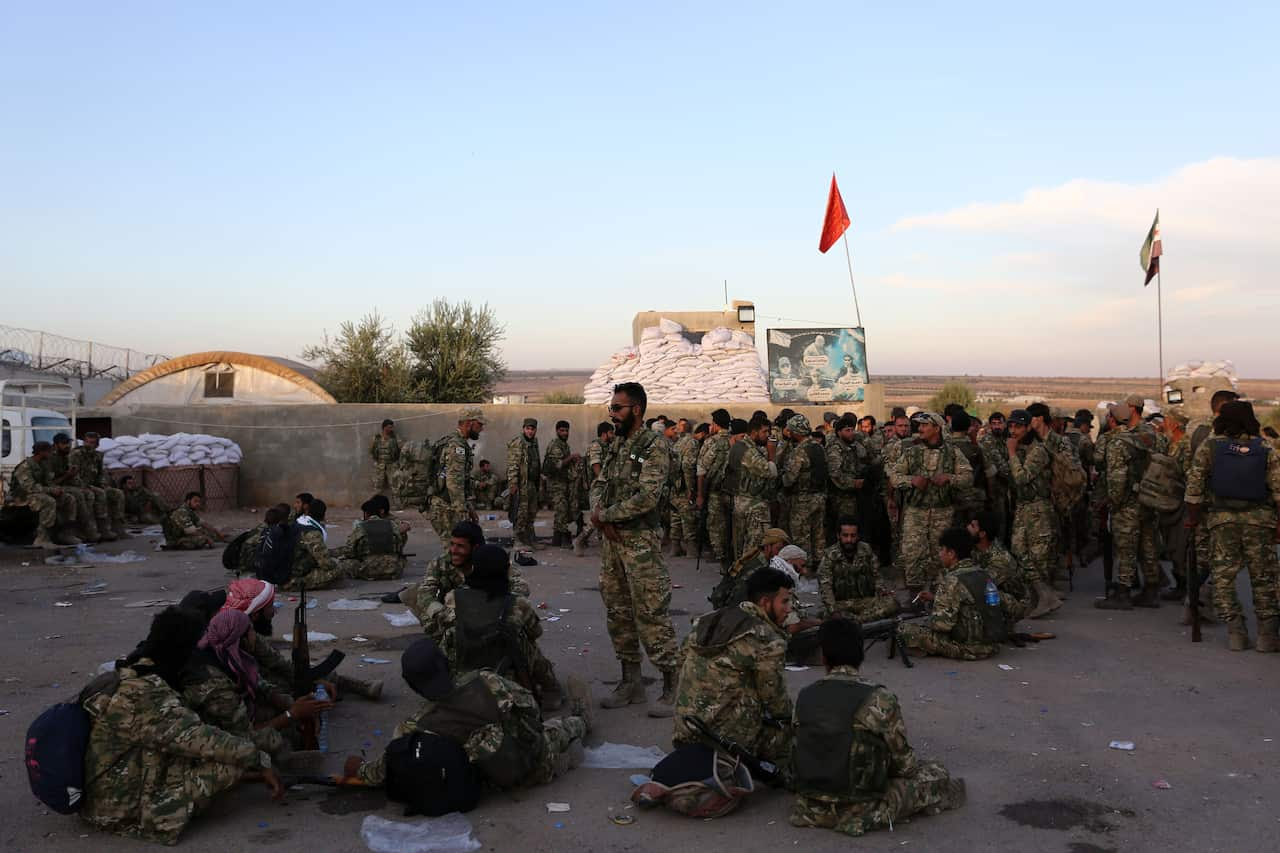
How long could the Turkish incursion last?
Dr Gourlay said it's difficult to predict just how long the fighting would persist, and that the numerous cultural militias may prolong a result.
"The Turkish military is hoping for a very swift and complete victory but as everybody knows it’s a very complex area. [There are] many different groups fighting, so alongside the Kurds within the Syrian Democratic Forces we also have Arab militias, and Syrian militias," he said.
"It’s going to be a complex war and then if elements within IS are able to resuscitate - we’ve already seen reports of IS units attacking SDF positions in Raqqa - the war is going to be extremely complicated. So while the Turkish military and President Erdogan might hope for a swift victory I think it’s going to be anything but a swift victory."
Dr Gourlay said Ankara's latest offensive was vastly different to its operation which commenced in January 2018, in the majority-Kurdish Afrin District.
"This situation here is entirely different to what happened in Afrin because all those cities along the Syrian border have been held by Kurdish and Arab forces for some time. They have nowhere else to go so they’re going to fight a lot harder," he said.
"The war is going to be complex, how long it’ll take is anyone’s guess. it’s very likely to end up in a quagmire which is in no one’s interest. It’s not in the interest of the Kurds, it's not in the interest of Syrian refugees and it’s not in the interest of Turkey because they are going to lose soldiers. So it’s not going to be a simple fight, it will take a long time."

